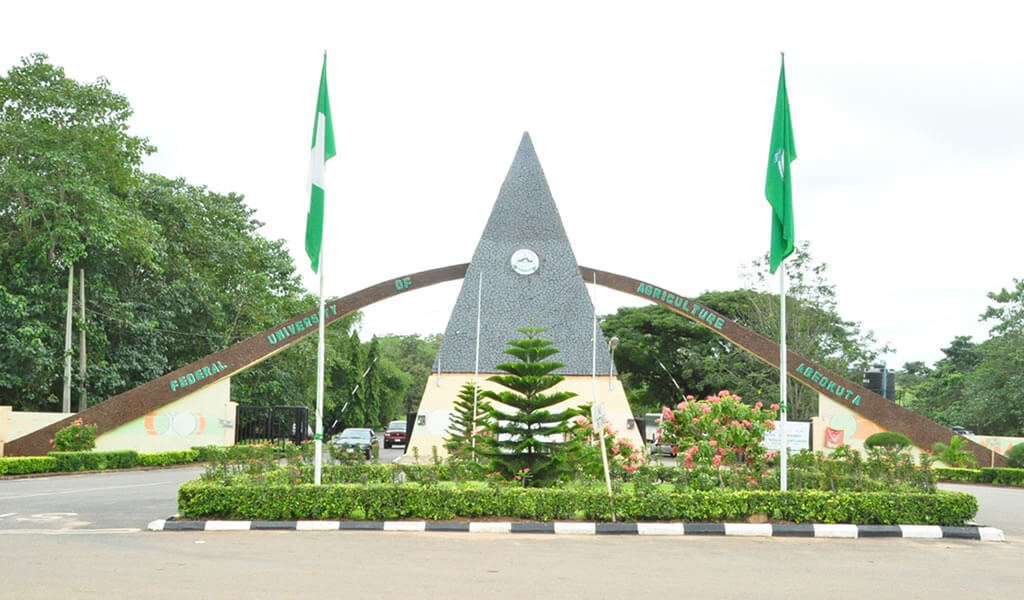The Department of Animal Physiology was created in August 2006, the fifth in COLANIM. It is the only Department in the Nigerian University System devoted exclusively to the study of Animal Physiology under the Bachelor of Agriculture Degree Programme. At the end of a 5-year Undergraduate Programme, students graduate with the Bachelor of Agriculture. The Department runs Postgraduate Programmes leading to Master’s (M. Agric.) and Doctorate (Ph.D.) degrees in Animal Physiology.
Animal Physiology is a major discipline within Animal Science. It involves the study of bodily functions such as digestion, circulation, respiration, reproduction, growth and adaptation in farm animals such as cattle, sheep, goats, pigs, rabbits, snails and poultry. Modern livestock production draws heavily from applied techniques in Animal Physiology. These physiological techniques enable the maximization of growth and reproductive efficiency in farm animals, thereby increasing profitability. Such techniques include Artificial Insemination, Controlled Breeding, Oestrus Synchronization, Superovulation and Embryo Transfer, as well as cryopreservation of spermatozoa, ova and embryos.
Philosophy and Objectives
The Bachelor of Agriculture programme has as its philosophy the production of agricultural graduates with broad knowledge of all aspects of Agriculture who specialize in Animal Production and are well-equipped with basic and applied knowledge in Animal Physiology. Such graduates are trained to be employers of labour, able to undertake modern livestock farming at high technical efficiencies for the domestic and global markets.
The specific objectives of the programme are:
- To produce graduate farmers who can engage in Animal Production and Research and will be capable of providing relevant and appropriate solutions to the country’s agricultural and rural development problems and generally improve agricultural productivity.
- To produce graduates with the technical, productive and entrepreneurial skills in Animal Physiology, Animal Production and Agriculture in general, who can contribute meaningfully to the realization of national development goals in Agriculture and improve the food security of the nation.
- To produce graduates who can engage in livestock production at high technical efficiencies and competitive prices, comparable to farmers in the developed world.


